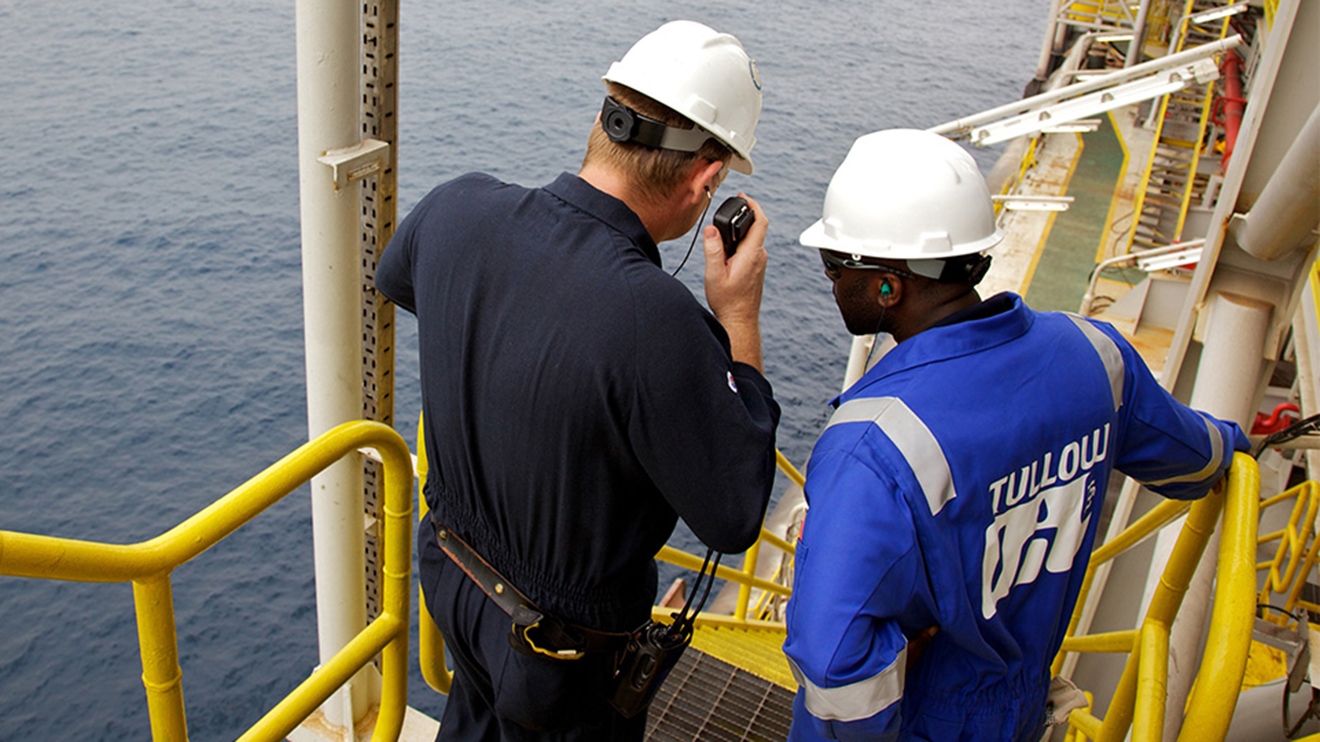Agriculture Cabinet Secretary Mutahi Kagwe has unveiled an ambitious Sh10.8 billion plan that seeks to greatly enhance livestock and food production in Kenya and the region.
Kenya Veterinary Vaccines Production Institute (KEVEVAPI) Strategic Plan seeks to achieve this by improving access to affordable and high-quality veterinary vaccines for farmers.
The 2023–2027 strategic plan will enable the institute to boost livestock vaccines production through innovation, modernising infrastructure, and enhancing access to vaccine markets.
Speaking at the launch in Nyeri, Kagwe lauded KEVEVAPI for overseeing the creation of the Strategic Plan and urged the institute to fully implement it to uplift Kenya’s livestock sector.
“The modernization of KEVEVAPI and increased vaccine production will ensure the safety of our livestock and public health, boost exports, and increase productivity among our farmers in rural communities,” said Kagwe.
Read More
He added: “It will also ensure the safety of the vaccines being administered on our livestock which is integral to the success of this industry.”
He denied the involvement of tech billionaire Bill Gates in the government’s livestock vaccination programmes instead stressing on the importance of Kenya producing vaccines.
The CS noted the institute’s potential to be an economic driver once it reaches its full potential and starts selling vaccines made in Kenya to other countries across the globe.
Kenya’s livestock sector has an annual turnover of Sh235 billion, contributing about 12 per cent of the national GDP and serves as a key source of income and nutrition for millions.
But the productivity, trade, and food security are threatened by recurring animal diseases with the strategic plan seeking to ensure Kenya is always prepared to manage diseases effectively.
Once modernised, KEVEVAPI aims to double its annual vaccine production from 35 million to 70 million doses to support the fight against major livestock diseases ravaging Kenya.
Among the diseases are Foot and Mouth Disease, Lumpy Skin Disease, and Peste des Petits Ruminants, which currently result in major livestock losses and economic disruption.
In its 2018–2022 Strategic Plan, KEVEVAPI produced 177.2 million doses of vaccines and exported about 11.3 million doses of assorted vaccines to external markets.
KEVEVAPI is planning to upgrade its Embakasi and Kabete facilities to comply with global Good Manufacturing Practices (GMP) standards.
This will not only improve its production capacity and regional presence by exporting vaccines to Rwanda, DRC, Uganda, Burundi, Tanzania, Djibouti, and Mali among others.

-1753218510.jpg)
-1745263711.jpg)



